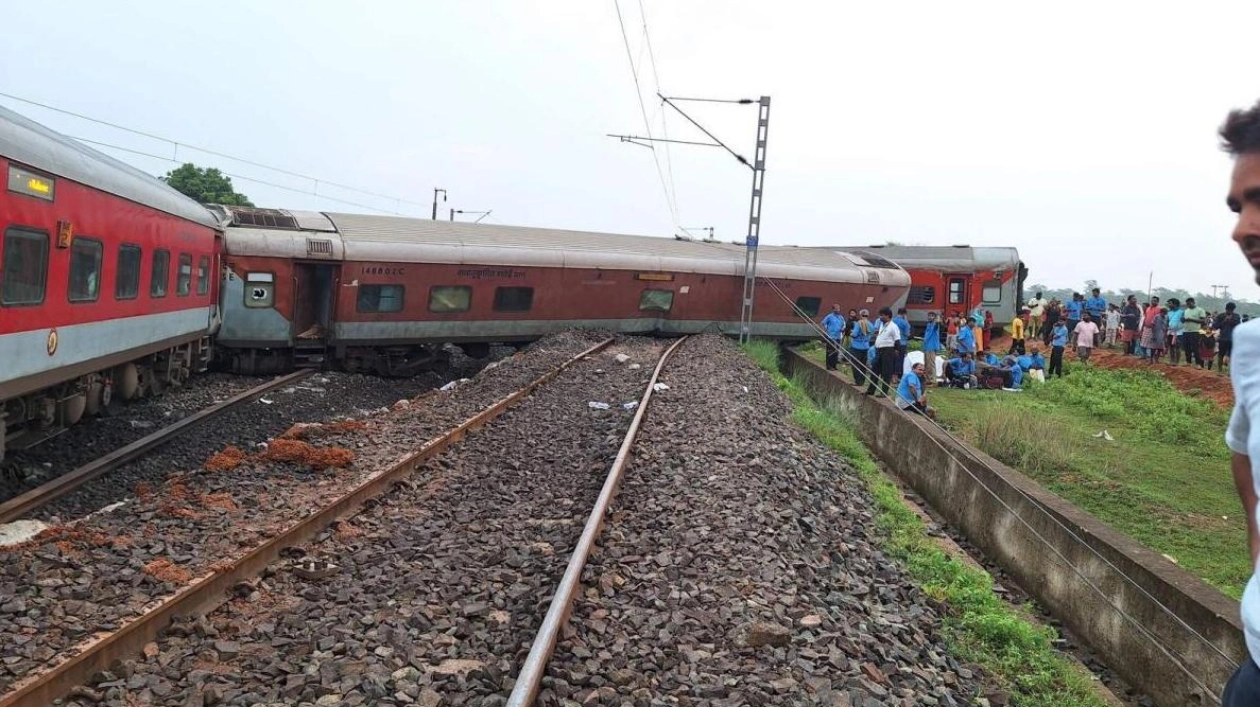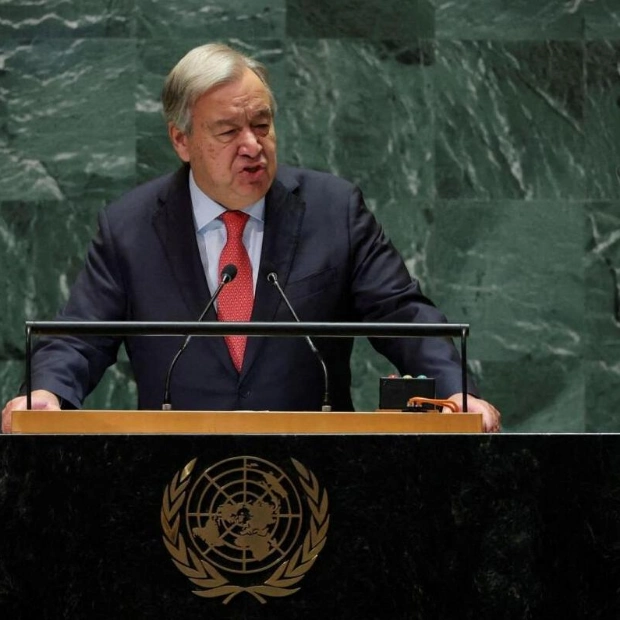A passenger train in India derailed on Tuesday, resulting in the overturning of several cars and causing at least two fatalities and injuring 20 individuals, as reported by local media.
India's extensive rail network, which serves as the primary mode of transportation across the country, suffers from inadequate funding and frequent fatal accidents. The Howrah-Mumbai Express derailed near Jamshedpur in Jharkhand at approximately 4:00 am (2230 GMT Monday), according to the Hindustan Times. This incident occurred after a goods train from the opposite direction derailed and collided with the passenger train as it passed.
Approximately 18 train coaches were thrown off the tracks, and rescue operations are currently underway to clear the site. India has initiated a $30 billion railway infrastructure modernization effort aimed at enhancing economic growth and connectivity. However, analysts note that while the frequency of accidents has decreased over time, India's outdated rail system still faces significant challenges.
Official records indicate that an average of 20,000 people perished annually from 2017 to 2021 in rail accidents. A report by India's top audit authority attributes the primary causes of derailments to defective tracks, poor maintenance, outdated signaling equipment, and human error. Last year, nearly 300 people were killed in a collision between a passenger train and a stationary goods train, with derailed compartments subsequently striking another fast-moving passenger service.
India's most catastrophic rail disaster occurred in 1981 when a cyclone caused a train to derail into a river in Bihar, resulting in 800 deaths and over 100 injuries. Indian Railways, the world's fourth-largest rail network, operates approximately 14,000 trains daily, utilizing 8,000 locomotives across a 64,000-kilometer (40,000-mile) track system, transporting more than 21 million passengers each day.






